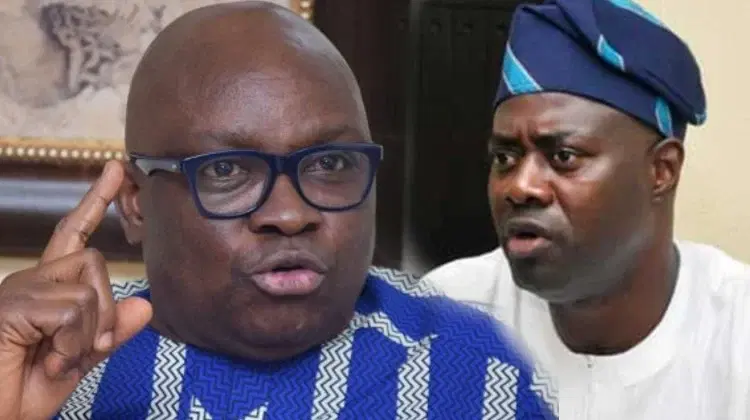
An American and two Japanese scientists won the 2014 Nobel Prize for Physics on Tuesday for inventing a new energy-efficient and environment-friendly light source, leading to the creation of modern LED light bulbs.
Isamu Akasaki and Hiroshi Amano of Japan and Japanese-born U.S. citizen Shuji Nakamura won the prize for developing the blue light-emitting diode (LED) -- the missing piece that now allows manufacturers to produce white-light lamps.
The arrival of such lamps is changing the way homes and workplaces are lit, offering a longer-lasting and more efficient alternative to the incandescent bulbs pioneered by Joseph Swan and Thomas Edison at the end of the 19th century.
"Red and green LEDs have been around for a long time but blue was really missing. Thanks to the blue LED we now can get white light sources which have very high energy efficiency and very long lifetime," Per Delsing, a member of the Royal Swedish Academy of Sciences, told a news conference.
The award is a notable example of a practical discovery winning the prize -- in contrast to last year, when the physics prize went to scientists who predicted the existence of the Higgs boson particle that explains how elementary matter attained the mass to form stars and planets.
"Incandescent light bulbs lit the 20th century; the 21st century will be lit by LED lamps," the academy said in a statement.
Frances Saunders, president of Britain's Institute of Physics, said the shift offered the potential for huge energy savings.
"With 20 percent of the world’s electricity used for lighting, it’s been calculated that optimal use of LED lighting could reduce this to 4 percent. Akasaki, Amano and Nakamura’s research has made this possible and this prize recognizes this contribution," she said.
Akasaki is at the Meijo University in Japan and Amano is professor at the Nagoya University. Nakamura is at the University of California, Santa Barbara.
Contacted by telephone in the middle of the night, Nakamura said of the award: "It's unbelievable."
Nakamura invented the blue-light emitting diode while working at Nichia, an unlisted firm, but received next to nothing from them for the work until 2004, when the Tokyo District Court ordered Nichia to pay him a record 20 billion yen.
Colin Humphreys, an expert at the University of Cambridge who is working on next-generation LED lighting, said the ability of the three scientists to crack the problem of blue light when others had failed was a tremendous achievement.
"Their invention of efficient blue LEDs has paved the way for the development of bright, cost effective and, importantly, energy efficient white lighting," he said.
In addition to lighting buildings, LED bulbs are transforming lamps in cars and the technology is also used as a light source in smartphone and computer screens.
The LED boom upended the lighting market, creating both opportunities and challenges for major players like Dutch group Philips, which has been making light bulbs for 123 years but is now splitting off its lighting business.
As winners of the physics award, the laureates join some of the biggest names in science such as Albert Einstein, Niels Bohr and the husband and wife team of Pierre and Marie Curie.
The prize is also something of a boost to Japan’s scientific reputation after it was tarnished by a discredited high profile stem cell study that had seemed to offer hope for replacing damaged cells or even growing new human organs.
It came on the same day as the author of that study, Haruko Obokata, was told by Waseda University that it will strip her of her doctorate unless she corrects it within a year.
Obokata’s discovery was first trumpeted as a game-changer, but questions soon arose about the research and investigations found that Obokata had plagiarized and fabricated parts of the papers.
Physics was the second of this year's crop of Nobels. The prizes were first awarded in 1901 to honor achievements in science, literature and peace in accordance with the will of dynamite inventor and business tycoon Alfred Nobel.
(1 US dollar = 7.1877 Swedish crown)
Reuters






















